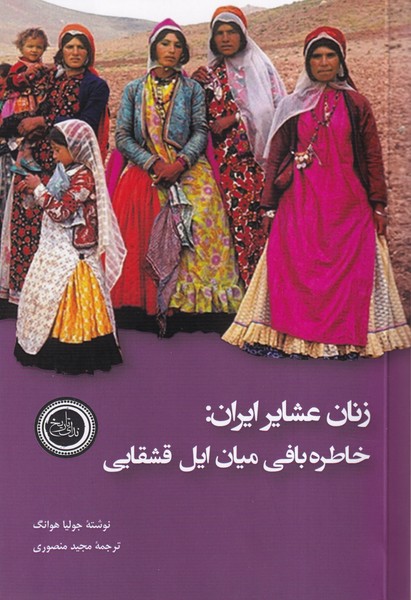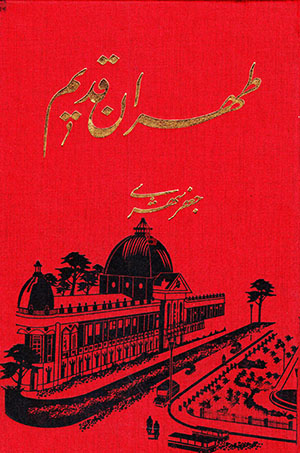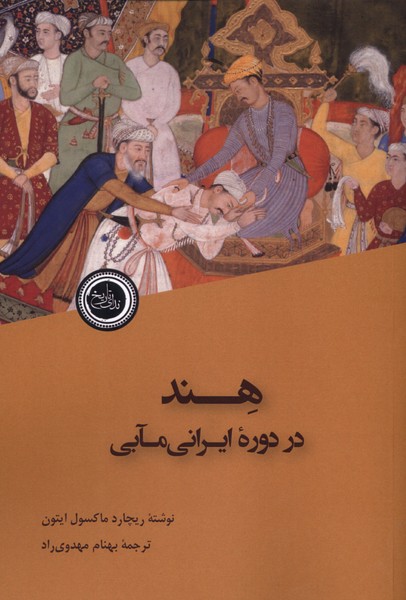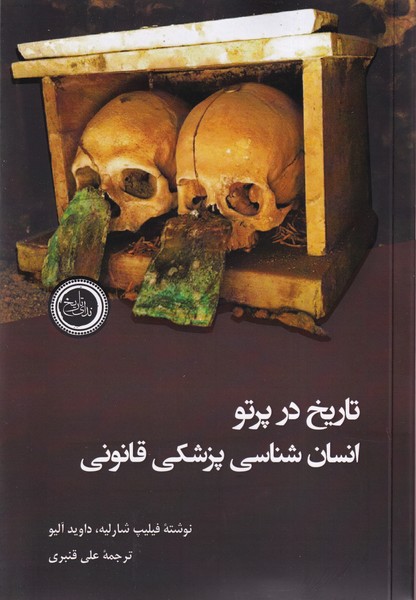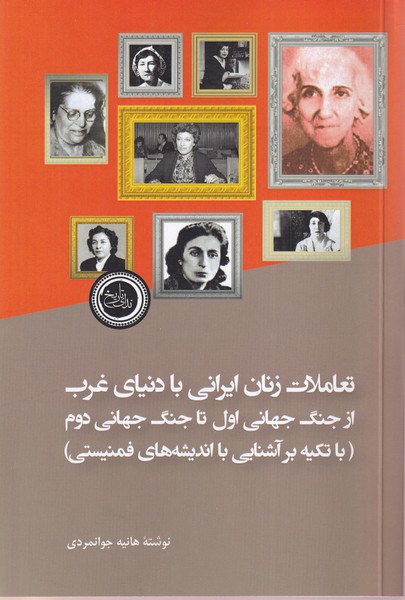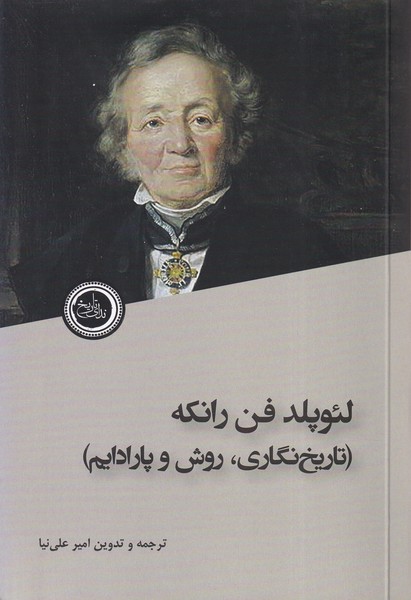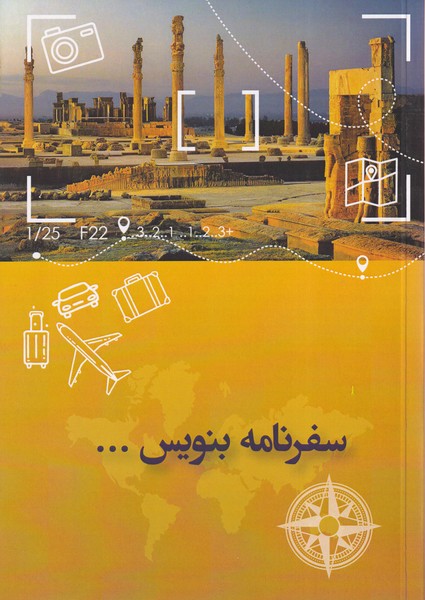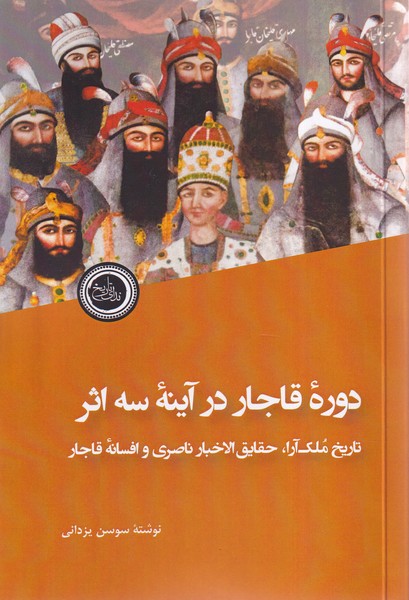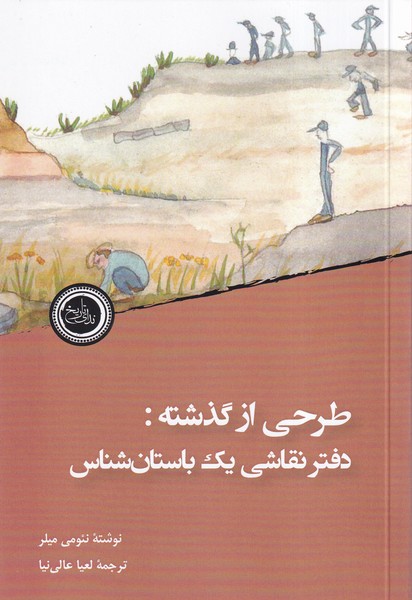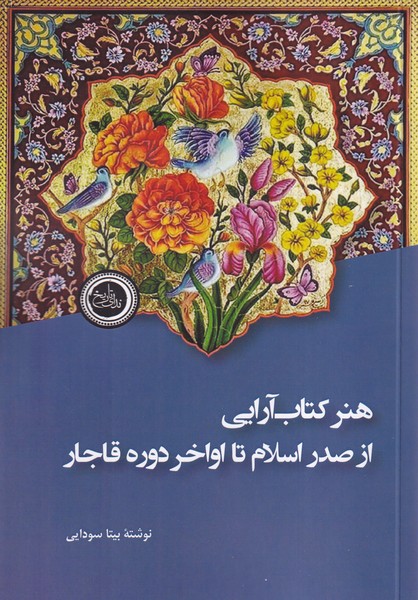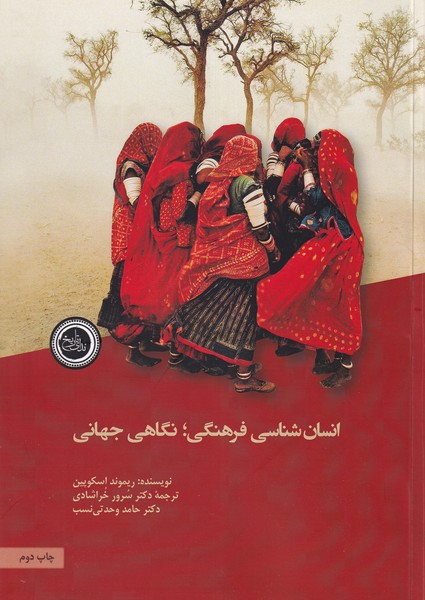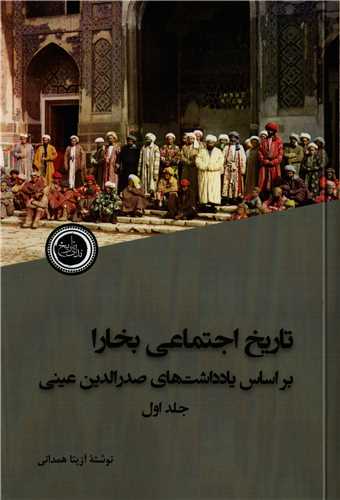Zanān-i 'Ashāyir-i Īrān: Khāṭirah'bāfī Mīyān-i Īl-i Qashqāyī: Persian 2024
زنان عشایر ایران: خاطره بافی میان ایل قشقایی
17.46 $
Share
Wishlist
Original Title:
Tribeswomen of Iran: Weaving Memories among Qashqa'i Nomads
ISBN:
9786008875918
Translator:
Majīd Manṣūrī
Publisher:
Nida-yi Tarikh
Age Group:
Adult
Pages:
360
Weight:
319 g
Dimensions:
14 x 21 x 3.3 cm
Book Cover:
Paperback
Since the revolution in 1979, the Islamic Republic of Iran has permitted very few Western scholars to conduct research in the country. Here Julia Huang provides a remarkable account of local tribal Iranian life, depicting a community largely beyond the scope and reach of foreign travellers and the Western media. The Qashqa’i nomads are migrant pastoralists--Huang documents their difficult livelihoods and lifestyles, their society and culture, and explains how this Turkic-speaking group relates to the wider Iranian society and the Islamic Republic. Focusing on a small group of women, she shows us how they adapt to a rapidly changing world while retaining tribal values and a distinctive ethnolinguistic identity as one of Iran’s national minorities. Engagingly written and documenting a disappearing way of life, Tribeswomen of Iran is essential reading for all those interested in Iran, the Middle East, anthropology, nomadism, and gender.
more
نویسنده در اثر خود گزارش جذاب و جالبی از زندگی ایلی و قبیله ای در ایران ارائه می دهد و جامعه ای متفاوت از تصور غالب گردشگران خارجی و رسانه های غربی به تصویر می کشد .نویسنده مشکلات و سبک زندگی عشایری قشقایی جامعه و فرهنگشان را ثبت می کند. او به ما نشان می دهد که چگونه آن ها با حفظ هویت قومی و زبانی و ارزش های ایلی، خود را به عنوان یکی از بزرگ ترین گروه های ایلی در ایران با دنیای مدرن تطبیق می دهند. این کتاب با متنی جذاب و ثبت زندگی رو به انقراض، متنی ضروری برای علاقه مندان به مطالعات تاریخ ایران خاورمیانه انسان شناسی و جنسیت است.
more

